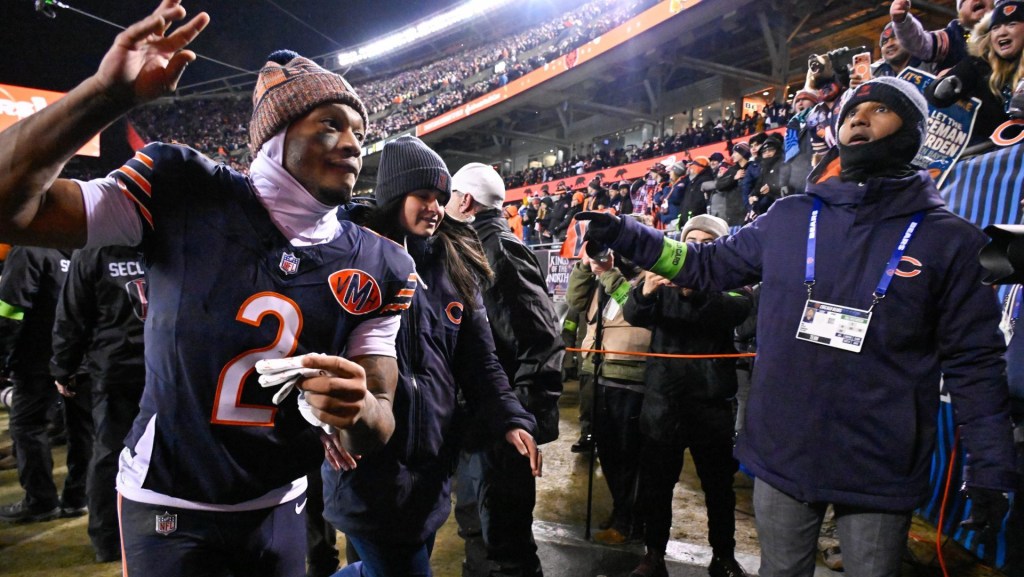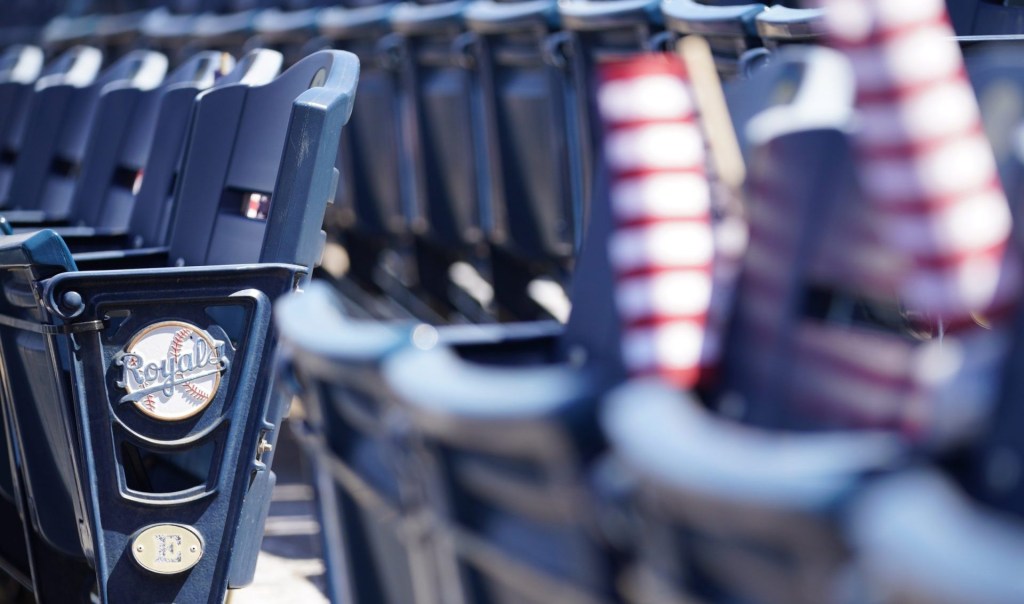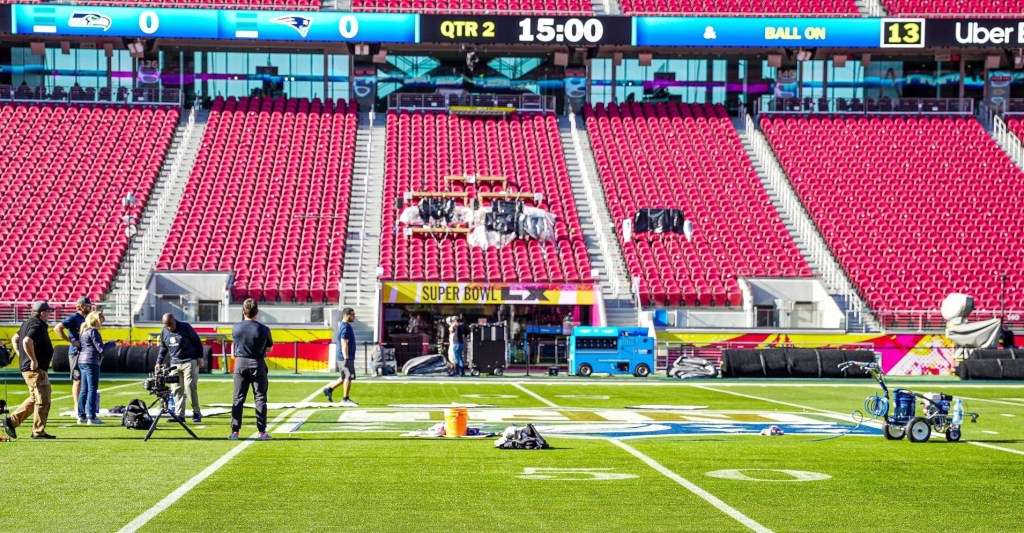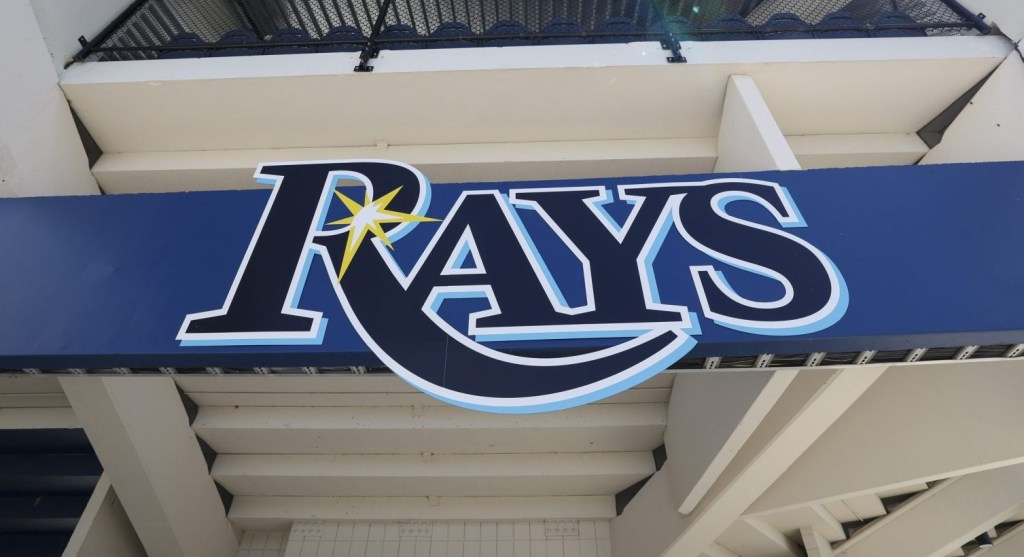The Browns are officially getting $600 million in state money toward a planned domed stadium and mixed-use development in suburban Brook Park, Ohio. The fallout from that budget decision, however, is still unfolding.
Ohio Gov. Mike DeWine signed into law late Monday a state budget that includes a $600 million “performance grant” for the Browns. Those funds, approved last week by the Ohio legislature, will be paid out from an account of unclaimed state funds, such as utility deposits, uncashed cashier’s checks, and forgotten bank accounts, and repaid through future tax revenues.
DeWine said he opposed that structure, but nonetheless, did not exercise line-item veto power to quash it.
“That was not my first choice. I had another way of doing it,” DeWine said Tuesday morning, of helping fund the Browns’ stadium. “But governors don’t get everything they want. … My criteria was that it would not spend money out of the general fund and it would not directly compete with education, directly compete with mental health. Stadiums should not compete with mental health, should not compete with education. So this budget, while it doesn’t do it the way I originally designed it … meets those criteria.
“This is a win for taxpayers, and it will provide significant money for things that improve the quality of life in Ohio,” he said.
A group of former Democratic lawmakers in Ohio, meanwhile, intends to file a class-action lawsuit, calling the use of those unclaimed funds unconstitutional.
Local Disagreement
The budget signing also codified a change to Ohio’s Modell Law, designed to help prevent pro teams in the state from moving, that will only trigger those protections should a franchise look to relocate out of state. That shift essentially moots an ongoing lawsuit between the Browns and the city of Cleveland.
More broadly, Cleveland Mayor Justin Bibb blasted the budget approval and what the Browns’ move to the suburbs will do to the city.
“Relocating the Browns will divert economic activity from downtown, create a competing entertainment district, and disrupt the momentum of our lakefront redevelopment,” Bibb said. “It will also trigger substantial taxpayer-funded infrastructure upgrades—including highway reconfigurations and public safety enhancements—adding significant public costs on top of the stadium itself.”
Browns owners Jimmy and Dee Haslam, for their part, cheered the DeWine signing and touted the ambition in their $2.4 billion stadium and development plan. A groundbreaking is now set for early next year, in advance of a planned opening in 2029.
“The new, enclosed Huntington Bank Field will be completely fan-centric, a first-of-its-kind design in the NFL, and a dynamic venue that draws visitors from across Ohio and beyond, for concerts and significant sporting events throughout the year,” the pair said in a statement.
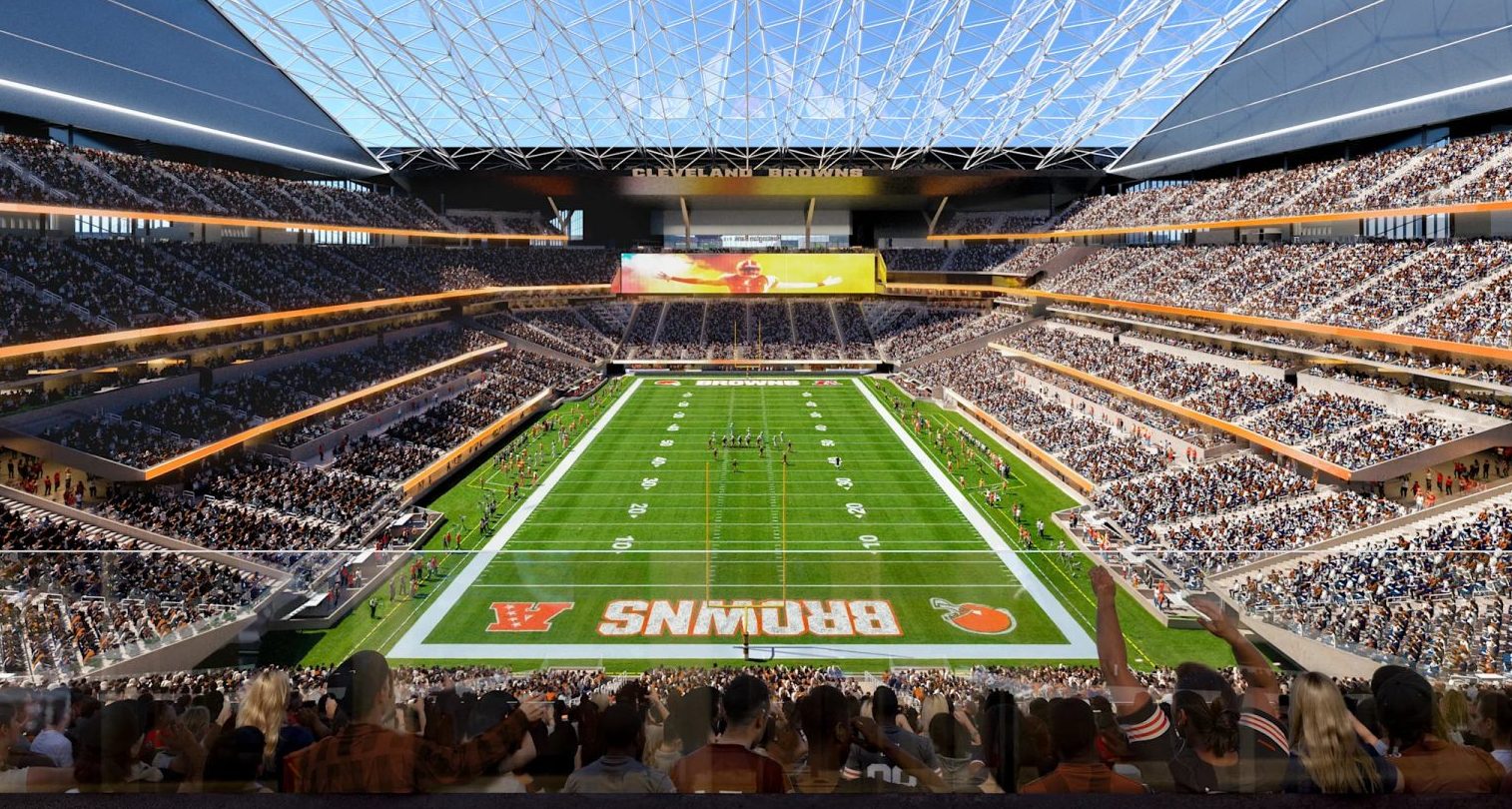


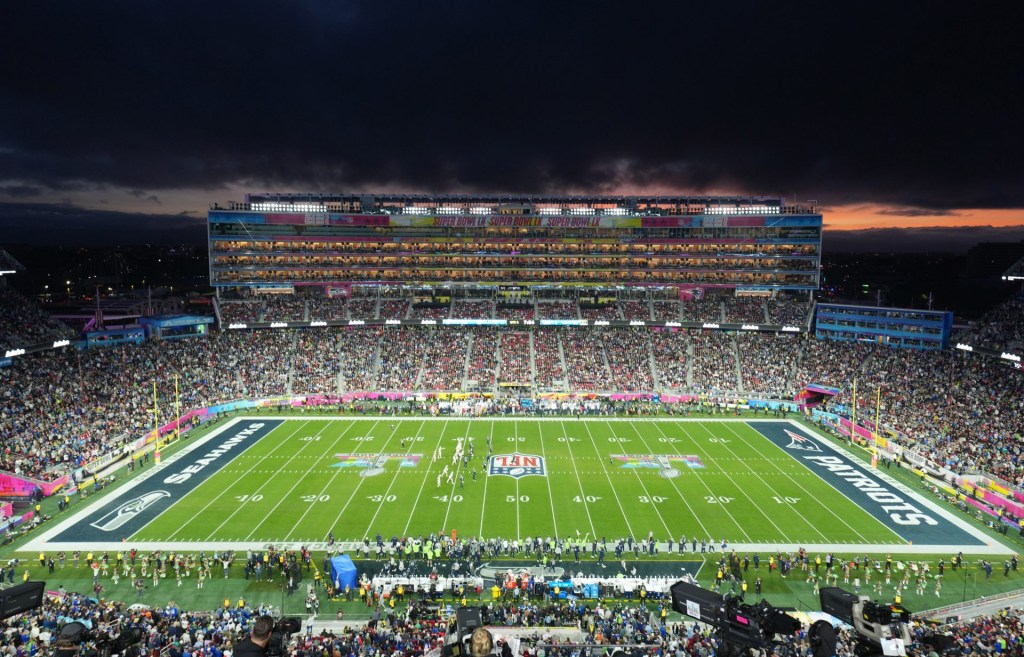
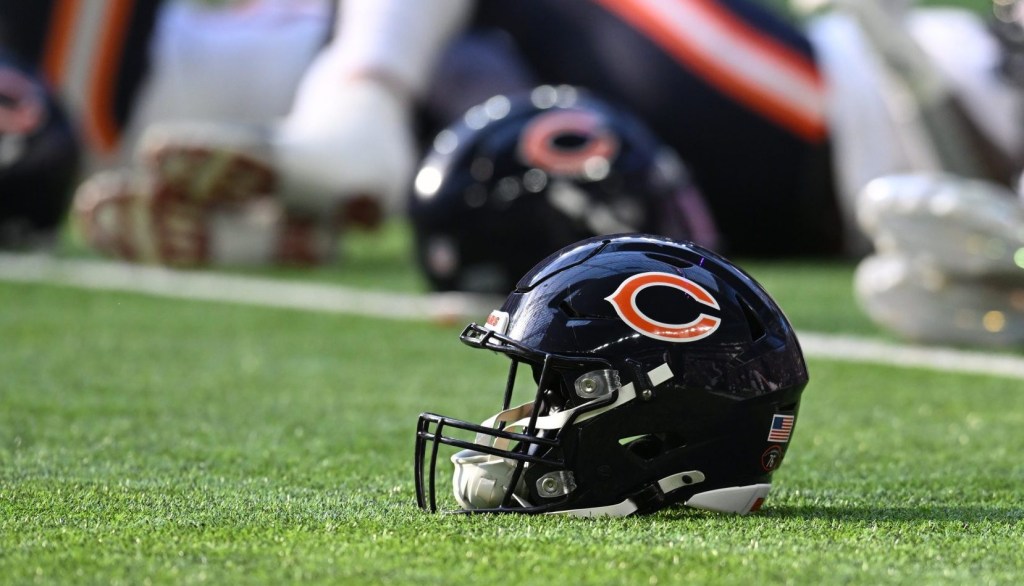
![[Subscription Customers Only] Jul 13, 2025; East Rutherford, New Jersey, USA; Chelsea FC midfielder Cole Palmer (10) celebrates winning the final of the 2025 FIFA Club World Cup at MetLife Stadium](https://frontofficesports.com/wp-content/uploads/2026/02/USATSI_26636703-scaled-e1770932227605.jpg?quality=100&w=1024)




